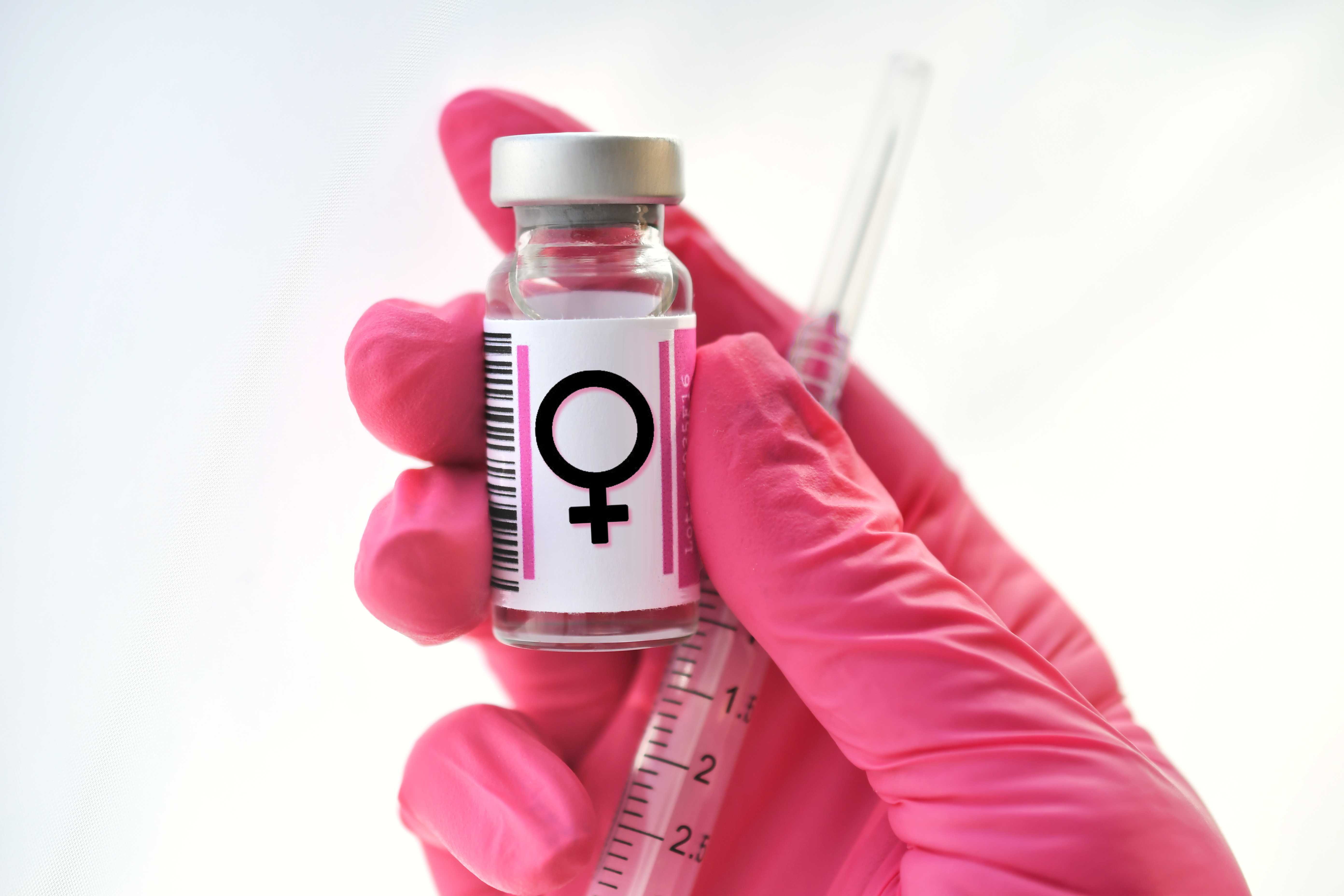10 Unexpected Reasons Your Jaw Might Be Hurting
9. Hormonal Changes and Jaw Sensitivity

Hormonal changes, particularly in women, can also affect jaw sensitivity and pain. Fluctuations in hormone levels during menstruation, pregnancy, and menopause can lead to changes in pain perception and increased sensitivity in the jaw. Estrogen, a hormone that plays a role in maintaining bone density and muscle health, can influence the function of the temporomandibular joint (TMJ) and surrounding muscles. Understanding the impact of hormonal changes on jaw pain is crucial for effective management. Women experiencing jaw pain related to hormonal fluctuations may benefit from lifestyle modifications, stress management techniques, and, in some cases, hormone therapy. Recognizing the link between hormonal changes and jaw pain highlights the need for a personalized approach to diagnosis and treatment, considering the unique factors affecting each individual. By addressing hormonal influences, individuals can find relief from jaw pain and improve their overall quality of life.
10. Allergies and Jaw Pain: An Unexpected Connection

Allergies, particularly seasonal allergies, can contribute to jaw pain in ways many people don’t expect. When allergies trigger sinus inflammation and congestion, it can create pressure in the facial region, including the jaw. Additionally, nasal congestion forces individuals to breathe through their mouth more often, leading to changes in jaw positioning and increased strain on the temporomandibular joint (TMJ). Another surprising factor is that allergies can cause increased tension in facial muscles due to frequent sneezing, coughing, or even teeth clenching during flare-ups. Over time, this added stress can lead to persistent jaw discomfort. Addressing allergy-related jaw pain requires treating the underlying allergy symptoms. Antihistamines, nasal sprays, and steam inhalation can help reduce sinus pressure, while staying hydrated can thin mucus and ease inflammation. If jaw pain persists, consulting with an allergist or dentist can help pinpoint additional contributing factors.
